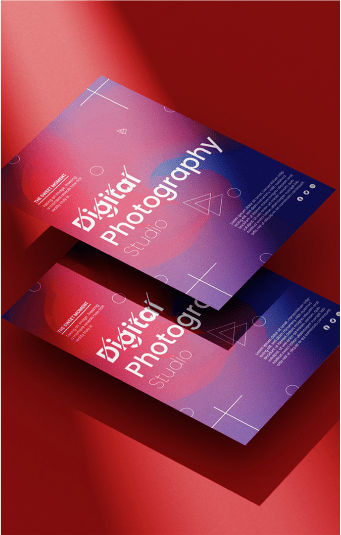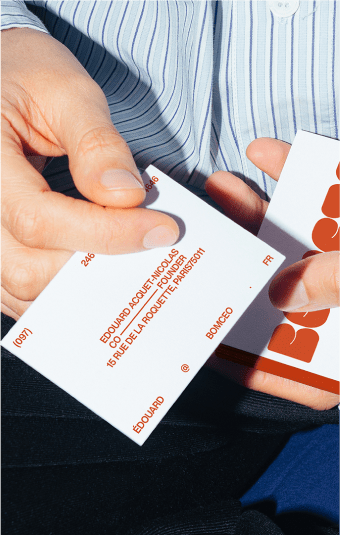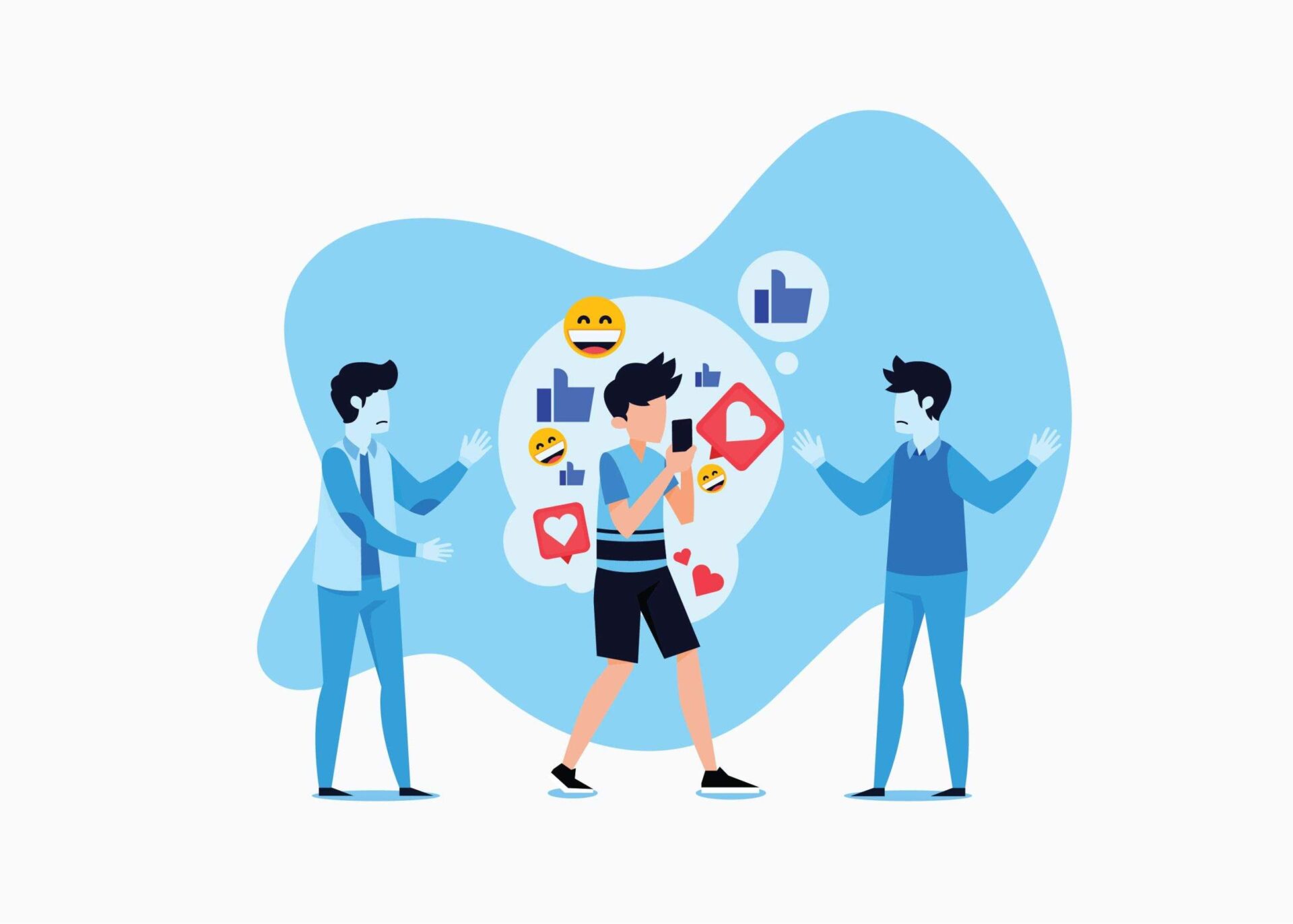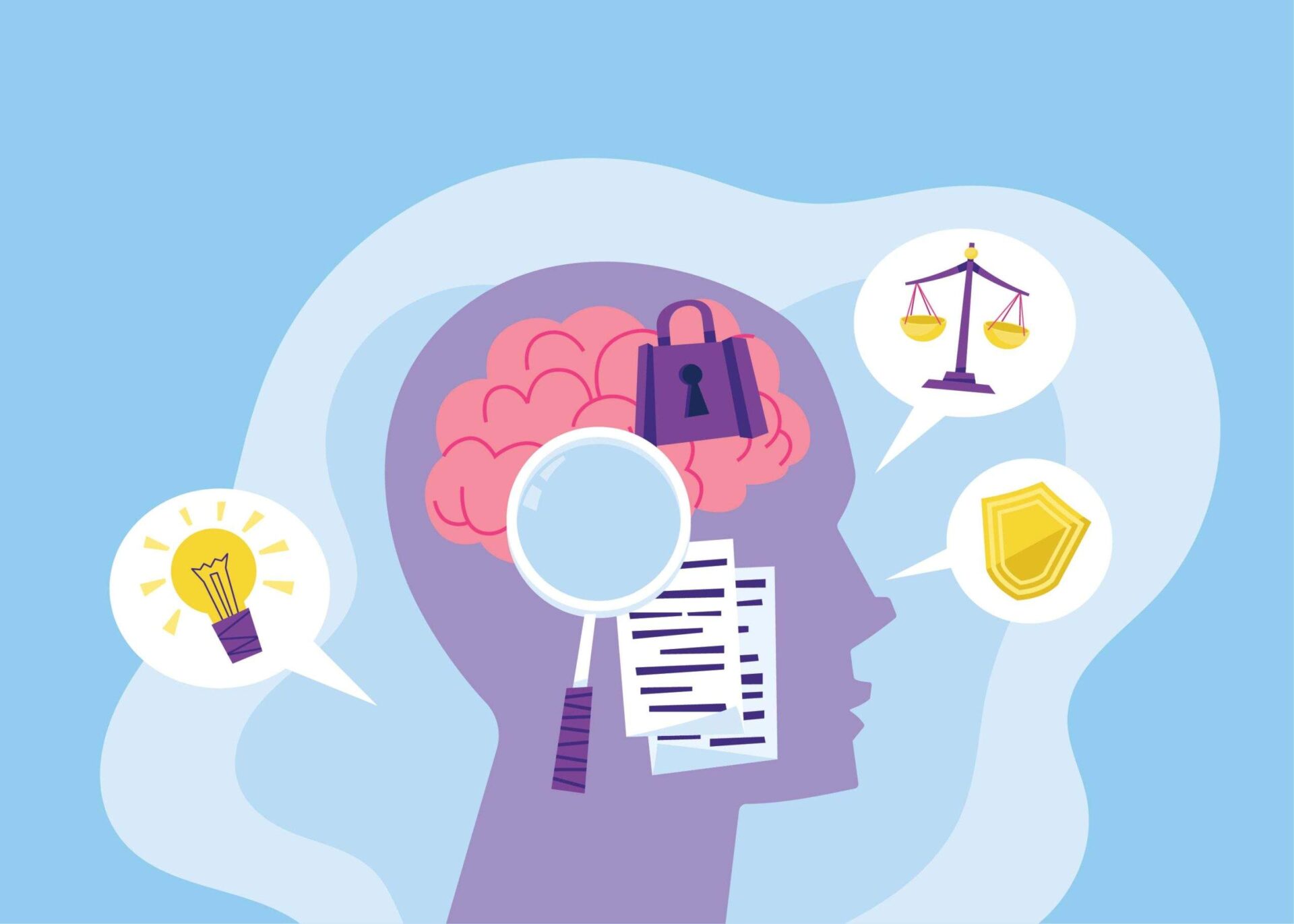With each passing day, we are becoming more and more aware that our decisions are heavily influenced by the biases our minds pick up over time. Our lives become a series of snap judgments – both conscious and subconscious – that determine how we interact with the world around us. This phenomenon is especially true when it comes to branding: cognitive bias can dramatically shape consumers’ perceptions of companies, products, services, and even ideologies—for better or for worse. In this blog post, we’ll explore exactly what cognitive biases are and why they should be taken into consideration in all aspects of brand marketing.
Connection Between Psychology and Branding
Branding is an essential part of any successful business, but have you ever considered the role psychology plays in crafting a brand? From logo design to advertising strategies, every aspect of a brand is carefully crafted to create a specific perception in the minds of consumers. This perception is formed by various psychological factors, such as color psychology, emotion, and cognitive biases. Understanding these factors and how they influence consumer behavior can help businesses create a brand that resonates with their target audience. By leveraging psychology in branding efforts, businesses can establish a more powerful connection with consumers and ultimately increase their bottom line.
What is Cognitive Bias?
Our brains are remarkable, complex organs that process unbelievable amounts of information every day. However, sometimes the information we receive can be flawed, and our brains might not be able to interpret it perfectly. This is where cognitive bias comes in. Put simply, cognitive bias describes the various ways our brains sometimes interpret information in a way that skews our perception of reality. This might manifest in decision-making, problem-solving, or even just our everyday behaviors. Because our brains are often on autopilot, it can be challenging to recognize when we’re experiencing cognitive biases. However, understanding this phenomenon is the first step toward making more informed, accurate decisions.
Types of Cognitive Biases
The sheer number of cognitive biases can be overwhelming, with some estimates putting the number in the hundreds. Common examples of cognitive biases include:
- confirmation bias, which is the favoring of information that confirms our preexisting beliefs,
- and the halo effect, which is when we make generalizations about a person based on one positive trait they possess.
Other types of cognitive bias include:
- The negativity bias,
- sunk cost fallacy,
- and availability heuristic
All of these can impact how we perceive the world around us and make decisions. Being aware of these biases can help us make more informed decisions and avoid irrational thinking.
How Does Cognitive Bias Impact Branding?
Cognitive biases are inherent in how human brains process information, and they can have significant impacts on branding efforts.
- For example, people tend to remember information that confirms their preexisting beliefs or opinions, a phenomenon known as confirmation bias. Branding strategies may fall victim to this bias if targeted messaging fails to resonate with individuals who hold different viewpoints.
- Anchoring bias is another cognitive bias that tends to impact how people interpret information about price. People may perceive a product as more expensive than it actually is if the starting price presented to them is higher than they expected. This can have negative consequences for branding efforts if potential customers are turned away by a perceived high price point.
Understanding how cognitive biases influence consumer behavior is essential for successful branding campaigns.
Impact of Cognitive Bias on Product Pricing
When it comes to pricing products, it’s easy to fall prey to cognitive biases. These biases, often rooted in our subconscious, can lead us to make irrational decisions based on emotions and previous experiences.
- For example, the anchoring bias may cause us to set a price based on the first number that comes to mind, rather than what the product is actually worth.
- The availability bias may cause us to overvalue a product simply because it’s readily available, even if it’s not necessarily better or more functional than other options.
Being aware of these biases and taking steps to mitigate them can help businesses make more rational and profitable pricing decisions.
Examples of Brands That Incorporate Cognitive Bias Into Their Branding Strategies
With the rise of cognitive science, it’s no surprise that many successful brands are using cognitive biases in their branding strategies.
- One prime example is Apple, which uses the framing effect to its advantage by presenting its products in sleek and minimalist packaging that oozes luxury.
- Social proof is another popular bias, with companies like Amazon using customer reviews to reinforce brand loyalty and credibility.
- Even the popular ride-sharing app Uber taps into the anchoring bias, offering different pricing tiers that make even the higher-priced options more appealing.
With these clever tactics, brands are not only staying ahead of the competition but also tapping into human psychology to win over consumers.
Risks Associated with Relying on Cognitive Biases
As humans, we often rely on cognitive bias to make decisions. This can be useful when it comes to quick, mundane choices, but when it comes to branding decisions, relying too heavily on cognitive bias can bring about a host of potential risks.
- For one, cognitive bias may lead us to make decisions that are not aligned with our brand’s values, leading to a disconnect between what we think we stand for and what is actually being communicated.
- Additionally, relying on personal biases may also lead to missed opportunities for growth and innovation, as we may overlook potential strategies that don’t align with our pre-existing beliefs.
In short, while cognitive bias isn’t inherently negative, it’s important to recognize its limitations and be mindful of the potential risks it can bring about in the world of branding.
Conclusion
In conclusion, it is vitally important to understand the psychological connection between branding and cognitive bias. Identifying the types of cognitive biases at play and how they have an influence on decision-making and behavior, allows marketers to make better-informed decisions about their branding strategies. Although there may be some risks associated with relying too heavily on cognitive biases when making branding decisions, successful brands such as Apple, Amazon, and Nike have been able to successfully implement cognitive bias in order to drive brand loyalty. It’s also essential for businesses to build trust with customers through ethical practices that allow them to make clear, informed decisions regarding their purchases. By leveraging the power of psychology in their branding efforts, businesses can ensure that they are accurately targeting and appealing to the right kinds of customers and increasing their chances of long-term brand success.





















